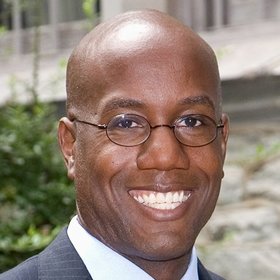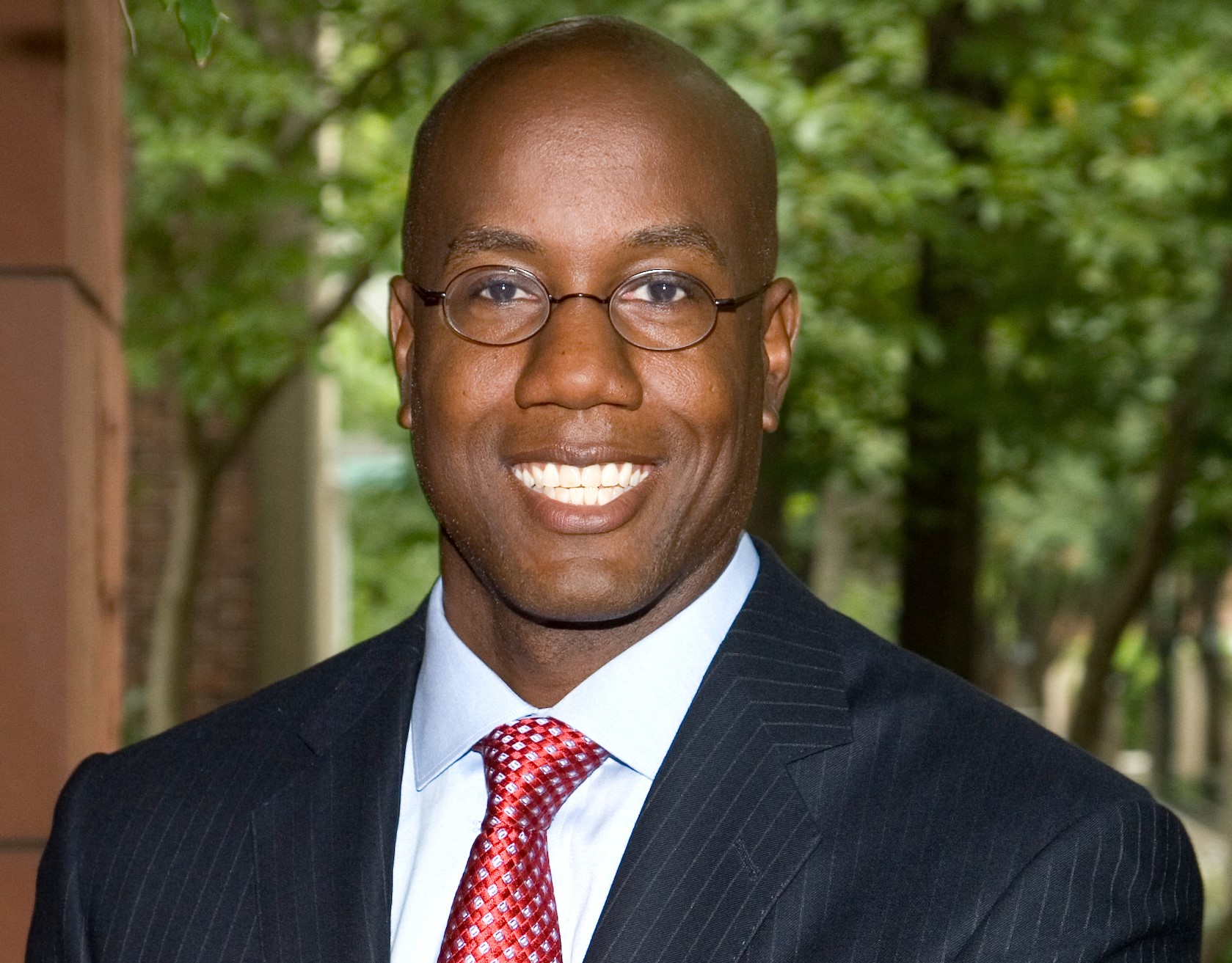Jason Wingard | Source | Dean Emeritus and Professor of Human Capital Management at Columbia University

Jason Wingard
Dr. Jason Wingard is a leading executive and academic in the areas of organizational strategy, leadership development, and the future of work. He currently serves as Dean and Professor of the School of Professional Studies at Columbia University which features 16 interdisciplinary masters degrees. He is responsible for the academic research, programming, and operational strategy and performance of the School’s undergraduate, graduate, and professional programs and related centers and institutes. He is also currently Founding Partner of the Education Board, Inc., a boutique management consulting firm.
Prior to joining Columbia, Dr. Wingard served as Chief Learning Officer at Goldman Sachs as well as Vice Dean of the Wharton School of the University of Pennsylvania.
As a thought leader, Dr. Wingard has published widely on the topic of strategy and leadership, including his most recent books: Learning to Succeed: Reinventing Corporation Education in a World of Unrelenting Change (2015); and Learning for Life: How Continuous Education Will Keep Us Competitive in the Global Knowledge Economy (2016). His forthcoming book is The Future of Work: Optimizing the Talent Pipeline (in Press 2020).
He currently serves on the Board of Directors for TIDES (Co-Chair), Roundabout Theater Company (Executive Committee), and the Education Board Foundation (Chair).
Dr. Wingard holds a B.A. in Sociology from Stanford University, an M.A. in Professional Development from Emory University, an Ed.M. in Technology in Education from Harvard University, and a Ph.D. in Education, Culture, and Society from the University of Pennsylvania.
-

Columbia University
Dean Emeritus and Professor of Human Capital Management
started Apr 2015
-

A Columbia University dean says professionals can stand out in the job market with 'alternative credentials.' Here's how badges and certificates can help you land your next job.
Feature piece on the topic of alternative credentials.
Article -
The rapidly changing workplace makes acquiring new skills more important than education
The workplace is changing faster than ever before, according to panels featured at CNBC's Capital Exchange event on Thursday.
Article
-
As the workplace becomes increasingly automated, there is a tendency to fear technology’s impact – employees are worried about job retention and their futures. However, as the professional landscape is shaped by advances such as artificial intelligence and robots, it is crucial that both individuals and corporations work alongside technology, not against it. The upshot of the emerging ‘blended workforce’ and ‘co-bot’ phenomenon is that technology has the potential to augment human talents and capabilities, not replace them.
-
Today’s workplace is ever-evolving, and as job seekers compete for sought-after positions, they must differentiate themselves in more contemporary and effective ways. As roles become more niche, the skills they require are more specialized.
-
The Future of Work is not just about how technological advances or changing company structures will transform the workplace. It is about building a new corporate culture that fosters a diverse workforce and talent pipeline.


